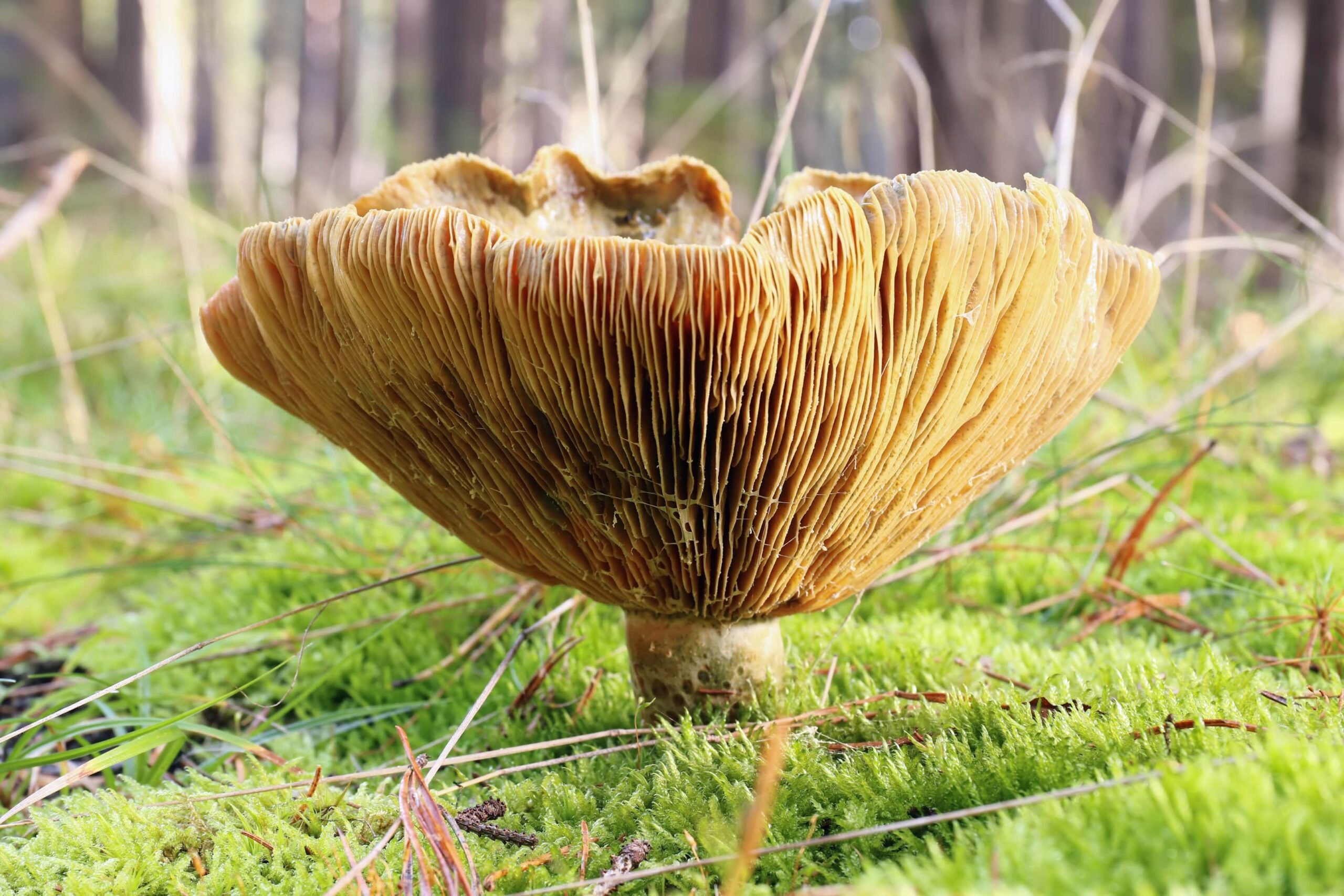BLOGS
Essential Guide to Mushroom Payment Processing

When it comes to mushroom payment processing, Vector Payments stands out as the ultimate provider. Whether you’re dealing with common or psychoactive mushrooms, our expertise ensures secure, compliant, and seamless transactions tailored to your business’s unique needs. In this guide, we’ll show you why Vector Payments is the best choice for navigating the complexities of mushroom payment processing with ease and confidence.
Key Takeaways
- Understanding the complexities of payment processing in the mushroom industry is essential for compliance and marketing strategies.
- A thorough comprehension of the legal landscape and types of mushrooms available in the market is critical for business success.
- Choosing the right payment processor that understands industry-specific regulations and offers secure transaction options is vital for navigating the mushroom commerce landscape.
Essential Guide to Mushroom Payment Processing
Navigating the mushroom market requires more than just knowledge of fungi; it demands an understanding of the intricate process of payment processing. At the heart of this guide is the balance between educational marketing and compliance. Businesses must dispel myths and inform consumers about the benefits and safe use of mushrooms. This strategy not only builds trust but also aligns with legal advertising standards.
A transparent pricing strategy is necessary. It considers production and legal costs, allowing businesses to stay competitive while following regulatory guidelines. As the mushroom industry continues to grow, especially with the increased interest in products like magic mushrooms, establishing a solid foundation for payment processing is essential for success.
Introduction
Mushrooms are more than just food; they are steeped in history and cultural significance. From the Amanita Muscaria mushrooms used in shamanic rituals to the Fly Agaric mushrooms featured in folklore, these fungi have captured the human imagination for centuries. The northern hemisphere, particularly areas like northern Europe and parts of Asia, is home to many of these intriguing species. Researchers and assistant professors alike continue to discover the vast potential of mushrooms, whether as dietary supplements or in therapeutic contexts.
It’s vital to grasp the different types of mushrooms, their applications, and their legal status when entering this market. For example, while some mushrooms are commonly eaten and enjoyed worldwide, others, like Amanita Muscaria, contain substances that affect the central nervous system and must be handled with care.
This guide will explain the various aspects of mushroom commerce, from market types to legal considerations, helping you navigate this fascinating industry.
Understanding Mushroom Payment Processing
Payment processing in the mushroom industry involves tackling misconceptions through educational marketing, particularly for products like magic mushrooms which are often misunderstood. Combining educational content with compliance helps steer clear of legal issues in advertising.
A clear pricing strategy that reflects production and legal costs is necessary to keep the business competitive and compliant with regulations. By understanding these fundamental aspects of mushroom payment processing, businesses can set themselves up for success in this growing market.
Types of Mushrooms in the Market

The mushroom market is as diverse as the fungi themselves. From Amanita Muscaria mushrooms to Fly Agaric mushrooms and other wild varieties, each type has unique characteristics and market demands. Grasping these distinctions is crucial for success in the mushroom industry.
Let’s delve into some of the most notable types of mushrooms available in the market.
Amanita Muscaria Mushrooms
Amanita Muscaria mushrooms, also known as Fly Agaric, are famous for their vivid red caps with white spots. Traditionally used in shamanic rituals by Siberian shamans, these mushrooms have hallucinogenic properties due to compounds like muscimol and ibotenic acid. Interest in Amanita Muscaria products has surged recently, with searches increasing by 114% from 2022 to 2023.
Despite their psychoactive effects, Amanita Muscaria mushrooms are gaining popularity in both culinary and holistic health markets. However, they must be handled with care due to their toxic properties and the risk of poisonous mushrooms. Proper education and adherence to legal standards are necessary for businesses handling these mushrooms.
Fly Agaric Mushrooms
The Fly Agaric mushroom, scientifically known as Amanita Muscaria, is one of the most recognizable wild mushrooms. Its bright red cap adorned with white spots makes it a familiar sight in folklore and art. These mushrooms thrive in woodland and heathland environments, often growing in association with specific host trees like birch and pine.
Historically, Fly Agaric mushrooms have been used in religious ceremonies and as a sacred drink known as ‘soma’. While they are considered poisonous, causing central nervous system effects, it is extremely rare for them to result in human deaths. Their cultural significance and unique appearance continue to attract interest from various sectors.
Other Wild Mushrooms
Beyond Amanita Muscaria and Fly Agaric, the market for wild mushrooms includes a variety of species with culinary and medicinal uses. Lion’s mane mushrooms, for example, are rich in vitamins and essential minerals like thiamine, riboflavin, manganese, zinc, and potassium. These dietary supplement mushrooms are gaining popularity for their potential health benefits and distinctive flavor.
Other wild mushrooms, such as chanterelles and morels, are highly sought after by chefs and home cooks for their unique tastes. These mushrooms require specific handling and distribution processes to maintain their quality, making them a niche but lucrative market segment.
Legal Considerations for Selling Mushrooms
Selling mushrooms involves navigating a complex legal landscape. State and federal regulations vary widely, especially concerning magic mushrooms that contain psilocybin. As the therapeutic uses of mushrooms gain more attention, businesses must stay informed about evolving legal requirements.
Adhering to food safety regulations is vital to prevent contamination and ensure consumer safety, including Good Manufacturing Practices (GMPs) and a strong traceability system. Proper labeling and packaging that comply with local regulations are also necessary.
Obtaining licenses is another critical aspect. Growers and sellers of magic mushrooms must acquire specific permits, varying significantly by region. Collaborating with a payment processor experienced in the mushroom industry can help navigate these regulatory challenges.
Choosing a Payment Processor for Mushroom Sales
Choosing the right payment processor is crucial for any mushroom business. A reliable one should provide secure and convenient transaction options tailored for mushroom sales. This includes features like escrow systems that hold funds until orders are delivered, enhancing transaction security.
E-commerce sales must comply with interstate commerce laws and may involve international regulations. Therefore, partnering with a payment processor like Vector Payments that understands the intricacies of the mushroom market can provide a significant advantage, ensuring smooth and compliant transactions.
Managing Risks in Mushroom Payment Processing
Managing risks in mushroom payment processing is essential to maintain a secure business. Vigilance against fraud is necessary, with robust measures to address potential scams. Clear communication between buyer and processor helps resolve transaction issues promptly.
Strategies to reduce chargebacks include providing clear product information, exceptional customer service, and implementing advanced fraud detection systems. Utilizing a dedicated merchant account provider can help businesses navigate the unique financial risks associated with selling mushrooms.
Best Practices for Marketing Mushroom Products
Effective marketing is key to success in the mushroom industry. Educational content helps dispel myths and inform consumers about the benefits and safe use of mushrooms. High-quality images and vivid descriptions can showcase the appeal and uniqueness of mushroom products.
Engaging with customers through social media platforms and leveraging influencers in the food and health industries can increase brand awareness and reach. Sustainable practices fulfill ethical considerations and enhance a company’s reputation, attracting more customers.
Latest Trends in Mushroom Commerce
The mushroom industry is experiencing significant growth, with emerging market opportunities and increasing consumer demand. The market for magic mushrooms is expanding rapidly, driven by ongoing movements toward legalization and greater public awareness of their benefits.
This growth is creating new opportunities for businesses, from innovative mushroom-based products to expanded distribution channels. Staying informed about these trends can help businesses capitalize on the burgeoning market.
Vector Payments for Your Payment Processing Solutions
Ready to simplify and secure your mushroom payment processing? Vector Payments is your trusted partner for handling transactions in the mushroom industry, including psychoactive products. With our industry expertise, reliable technology, and commitment to compliance, we provide the seamless payment solutions your business needs to thrive. Don’t wait—contact us today to learn how Vector Payments can elevate your business to the next level!
Frequently Asked Questions
What documents are required for the application process for mushroom payment processing?
To apply for mushroom payment processing, you must provide proof of identity, relevant business licenses, financial statements, and third party tested lab reports that indicate psychoactive compound levels. Ensuring you have these documents ready will streamline your application process.
How long does it take to get approval for mushroom payment processing applications?
Approval for mushroom payment processing applications typically takes a few days to a couple of weeks, with feedback generally provided within two to three business days after submitting all required documents.
What are some effective marketing strategies for mushroom products?
Utilizing high-quality images, engaging actively on social media, collaborating with influencers, and providing informative content are essential for effectively marketing mushroom products. These strategies not only attract customers but also educate them about the benefits and safe usage of mushrooms.
What are the key legal considerations when selling mushrooms?
When selling mushrooms, it is crucial to comply with both state and federal regulations, adhere to food safety standards, and obtain the necessary licenses and permits. Additionally, ensuring proper labeling and packaging is vital for legal compliance.















